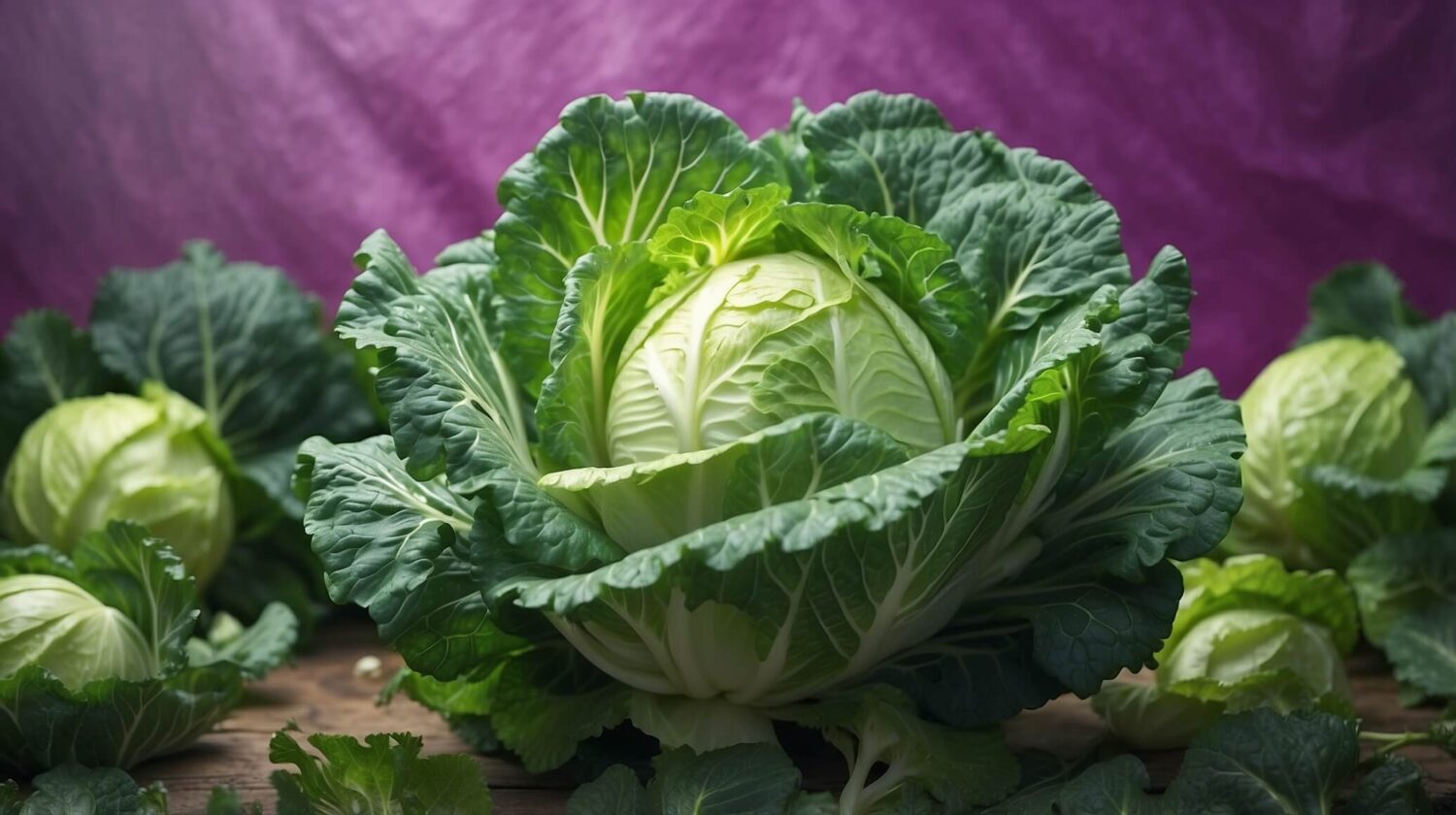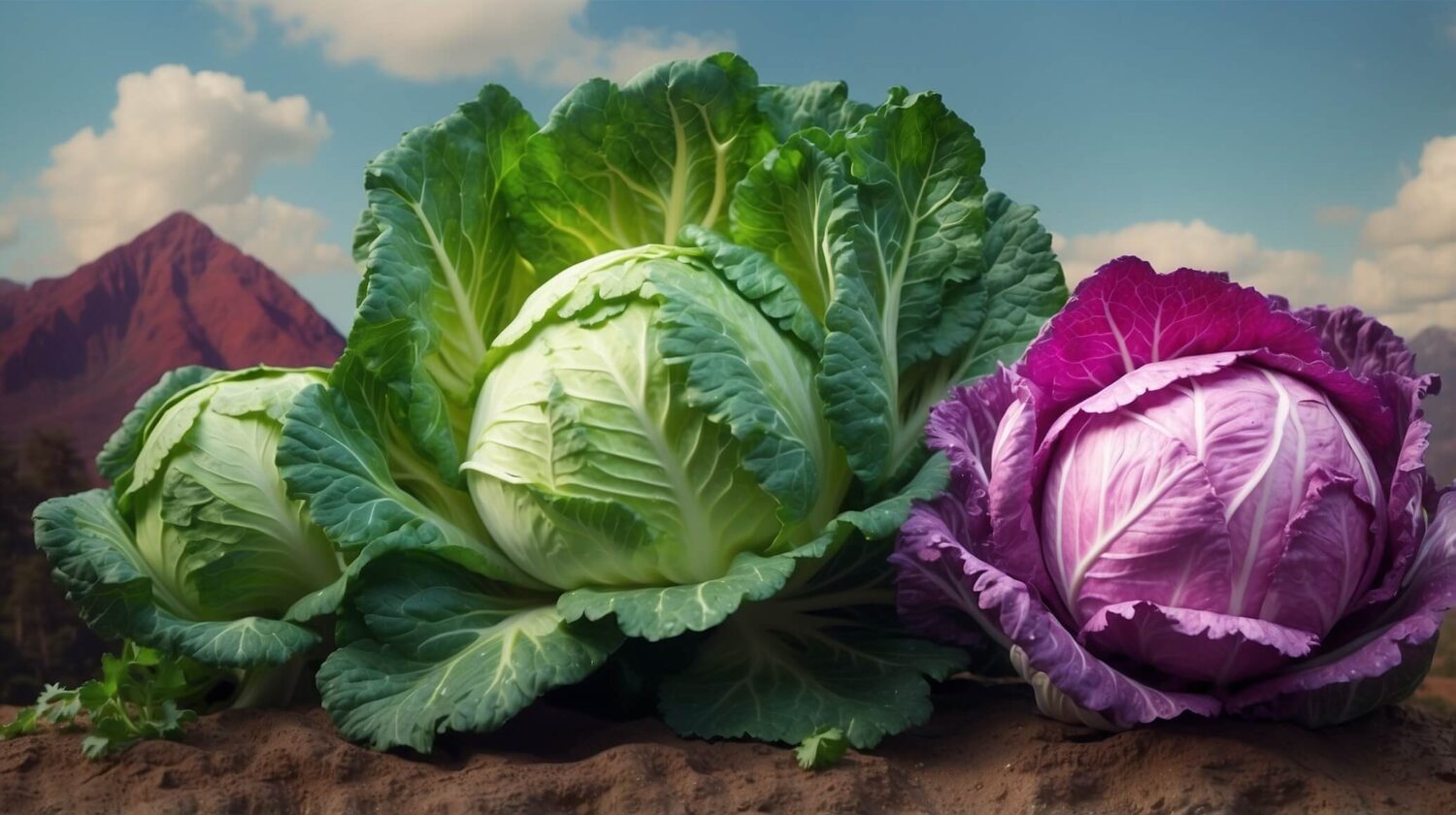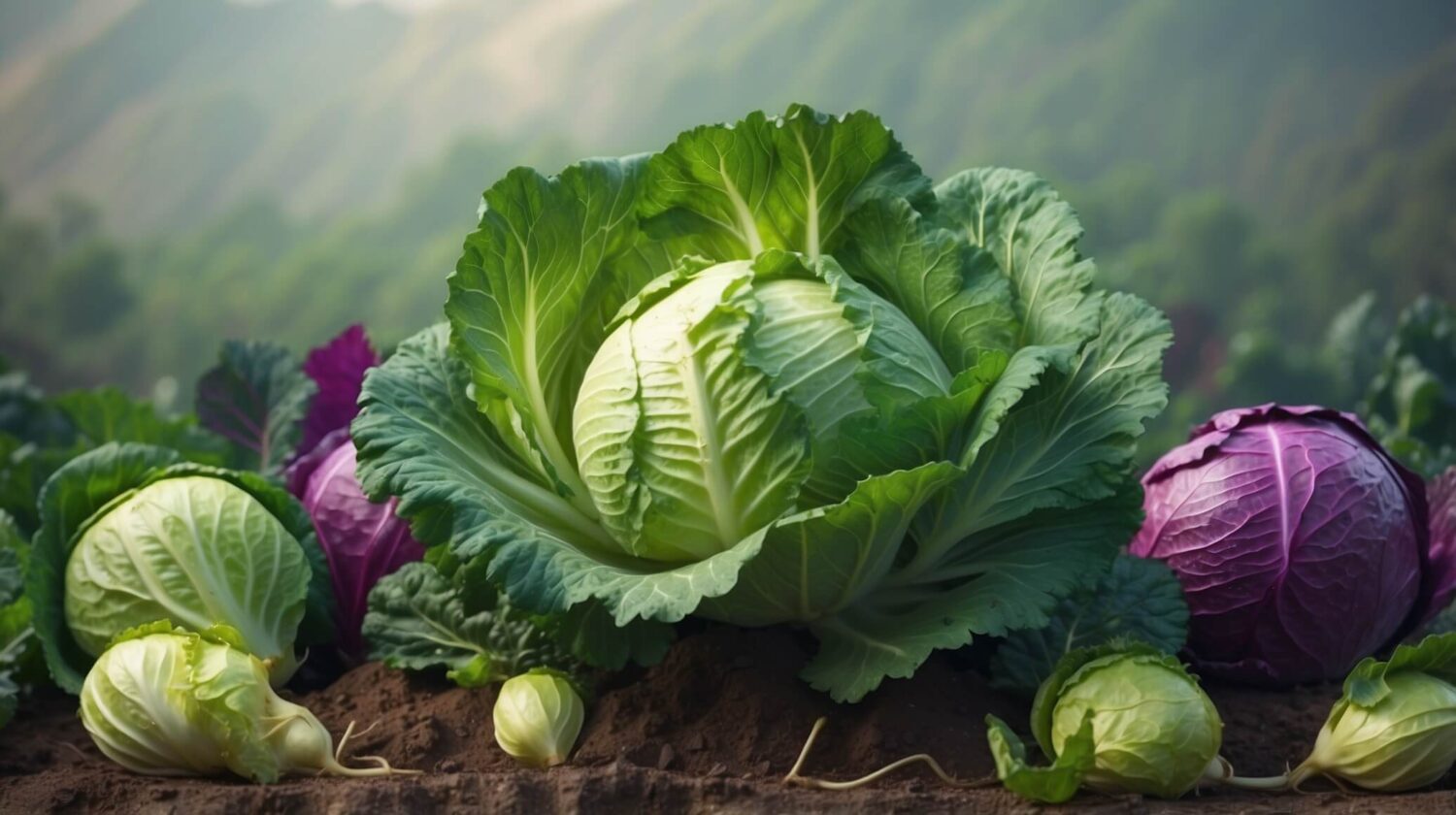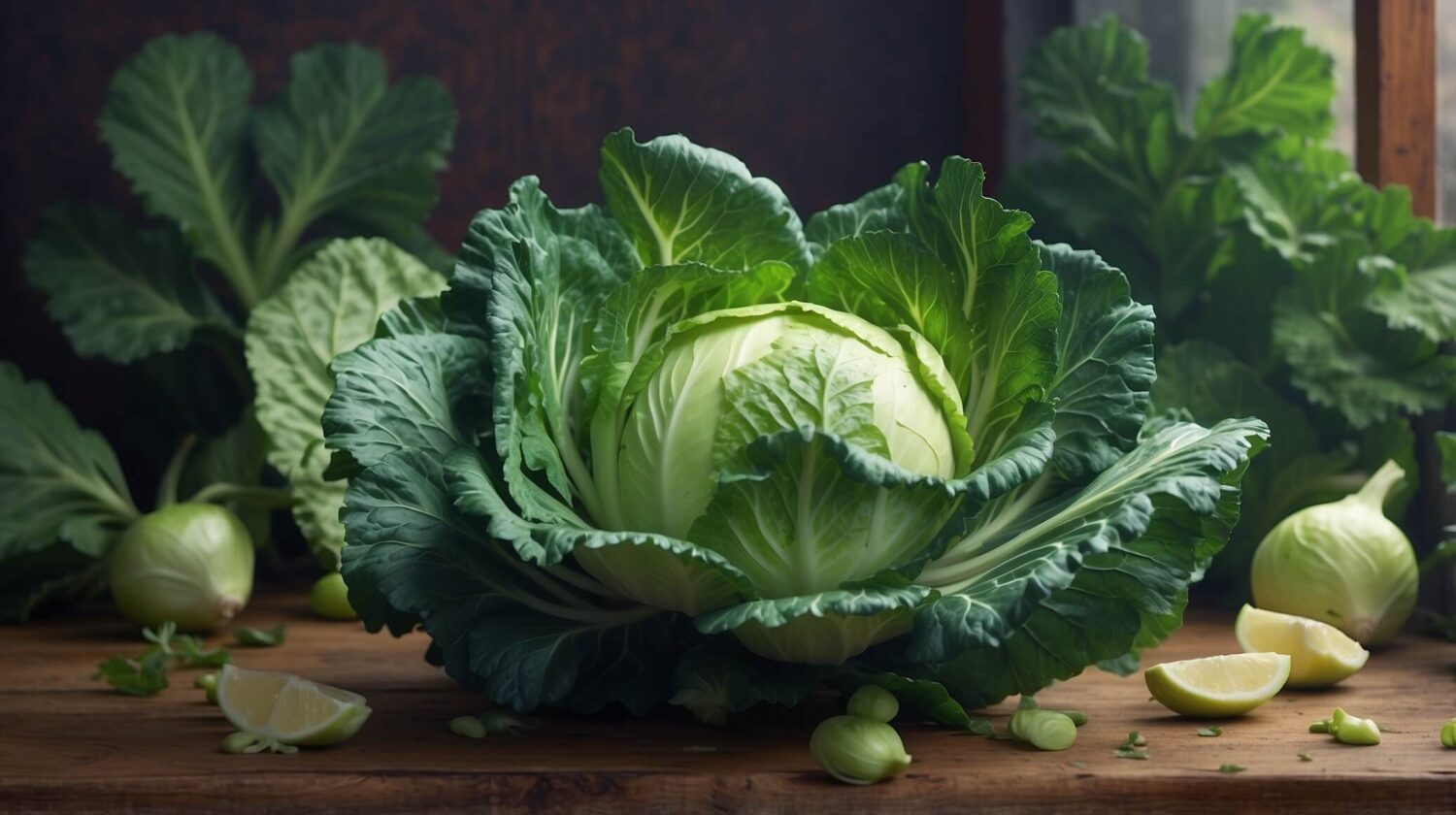Eating healthy can sometimes feel like a daunting task. But did you know that one of the simplest and most versatile foods in your kitchen holds a treasure trove of nutrients? Yes, I’m talking about cabbage! The health benefits of cabbage are vast, and it’s about time we celebrate this unsung hero of the vegetable world. Let’s dig into why incorporating cabbage into your diet is one of the best things you can do for your health.
A Quick Look at Cabbage Nutrition
Cabbage, which forked out of the leafy green family, isn’t just tasty; it’s jam-packed with nutrients. According to the USDA, a cup of chopped raw cabbage contains about 22 calories, making it a low-calorie option that’s not just great for salads but also for soups, stir-fries, and even smoothies! Isn’t that cool?
So, what else is in this humble vegetable? Here are some cabbage nutrition highlights:
– **Vitamins**: Cabbage is rich in vitamins K and C. Vitamin K plays a crucial role in bone health, while vitamin C is a potent antioxidant.
– **Fiber**: Cabbage is a good source of fiber which promotes digestive health and helps you feel full longer.
– **Minerals**: This powerful veggie also contains manganese, calcium, potassium, and magnesium.
– **Phytonutrients**: Cabbage is known for its antioxidant properties thanks to the presence of glucosinolates.
When determining the health benefits of cabbage, we can’t overlook how these nutritional treasures can truly enhance our overall health.
Health Benefits of Cabbage

So, now that we have a snapshot of what makes cabbage such a nutritious food, let’s dive into its health benefits. Each bite can offer unique advantages for our well-being.
1. Boosts Immune Function
Let’s face it—nobody enjoys getting sick. The high vitamin C content in cabbage is a game-changer. Studies have shown that vitamin C is key for immune health. In particular, one study published in the *Nutrients* journal emphasizes the importance of antioxidants in preventing infections (source: Nutrients Journal). So, next time flu season rolls around, toss some cabbage into your soup!
2. Supports Digestive Health
Hey, everyone has gut issues sometimes, right? Fiber is incredibly beneficial for keeping your digestive system in check. The benefits of cabbage in this area can’t be overstated. Julie, a friend of mine, once faced severe bloating and irregular bowel movements. After upping her cabbage intake, she swears by its ability to keep her gut healthy and happy!
3. Aiding Weight Management
Struggling with those extra pounds? Cabbage is low in calories but high in fiber—perfect for those weight management goals. When I was on a fitness kick, I discovered “cabbage soup diets.” While maybe not sustainable long-term, I genuinely felt lighter and more energized during those days of soup meals. However, moderation is key; cabbage soup can get boring real quick!
4. Promotes Healthy Skin

Want skin that glows? The antioxidants and vitamins in cabbage, particularly vitamin C, can help improve skin health. You could even create a simple DIY cabbage face mask—just blend some raw cabbage, apply it for about 15 minutes, rinse, and boom—fresh face! Plus, its anti-inflammatory properties can combat skin irritations, bringing soothing relief.
5. May Help Reduce Cancer Risk
Research suggests that cruciferous vegetables like cabbage may play a role in reducing cancer risk. According to the American Institute for Cancer Research, a diet rich in fruits and vegetables is advisable for cancer prevention (source: AICR). Cabbage’s glucosinolates are thought to aid in detoxification processes and inhibit the growth of cancer cells. Now, this doesn’t mean cabbage is a magic bullet, but hey, every little bit helps, right?
6. Supports Heart Health
Who doesn’t want a healthy heart? The benefits of cabbage here are largely attributed to its fiber, potassium, and antioxidant-rich profile. Studies show that high-fiber diets can lower cholesterol levels. Include fresh cabbage slaws or salad in your lunches for added heart health!
7. Increases Bone Density
As we age, protecting our bone density becomes increasingly essential. Cabbage is rich in calcium and vitamin K, both of which are key players for bone health. I remember my grandma swearing by her “cabbage rolls” not just for their flavor but because she understood the importance of eating calcium-rich foods to keep her bones strong. A memory I cherish!
8. Enhances Mental Health

Believe it or not, the food we eat can influence our brain health. According to a 2020 study by the *Journal of Nutritional Biochemistry*, certain vitamins like folate found in cabbage may help reduce levels of depressive symptoms (source: Journal of Nutritional Biochemistry). So, the next time you’re feeling down, think about whipping up a cabbage salad—refreshing and potentially uplifting!
Different Ways to Enjoy Cabbage
Now that we’ve covered the amazing health benefits of cabbage, you may be wondering how to incorporate this earnest vegetable into your meals. Here are some fun ways to enjoy cabbage while reaping its benefits:
1. Crunchy Cabbage Salads
Go fresh! A simple cabbage slaw with lemon juice, olive oil, and your favorite veggies can be refreshing and easy to make.
2. Sauerkraut and Fermented Varieties
Fermented cabbage options like sauerkraut are delightful add-ins. These fermented foods are full of probiotics that promote a healthy gut.
3. Stir-Fried Dishes
Stir-fries are a quick and delicious way to enjoy cabbage. Toss some cabbage in with your choice of protein and other colorful veggies for a quick weeknight meal.
4. Cabbage Rolls
Feeling a bit ambitious? Cabbage rolls stuffed with rice or quinoa, mixed with your choice of meat, chicken or even lentils, can take center stage at dinner.
5. Soups and Stews
Add chopped cabbage to your soups or stews to enhance flavor and nutritional value. Trust me, after a long day, there’s nothing like a comforting bowl of veggie-heavy soup.
Are There Any Downsides to Eating Cabbage?
Of course, while cabbage offers countless health benefits, you should be cautious. Some people may experience gas and bloating due to its fiber content. If you already have specific gastrointestinal issues, consult with a healthcare professional before making cabbage a mainstay in your diet.
Additionally, be aware of thyroids issues like hypothyroidism. It’s suggested to consume cabbage in moderation if you’re affected by this condition, given that the vegetable might interfere with iodine absorption.
Final Thoughts on Health Benefits of Cabbage
In short, whether you’re a skeptic or a self-proclaimed veggie lover, the health benefits of cabbage are hard to ignore. This affordable, readily-available food offers a slew of nutritional perks that can enhance your daily life.
I encourage everyone to experiment with incorporating more cabbage into their diet. Make it the star of your meals or simply find a way to sneak it in. It doesn’t have to be complicated—it’s often the simplest dishes that bring about the most joy.
Here’s to vibrant health and making cabbage a central player on our plates! For more information, consider checking out additional resources on cabbage nutrition and health benefits. 🌱
—
Writing this article has been fun, and I genuinely hope you find the fresh health benefits of cabbage as inspiring as I do. If you have any stories or ways you enjoy cabbage, feel free to drop me a comment! Let’s engage in a healthy chat about this incredible veggie!
